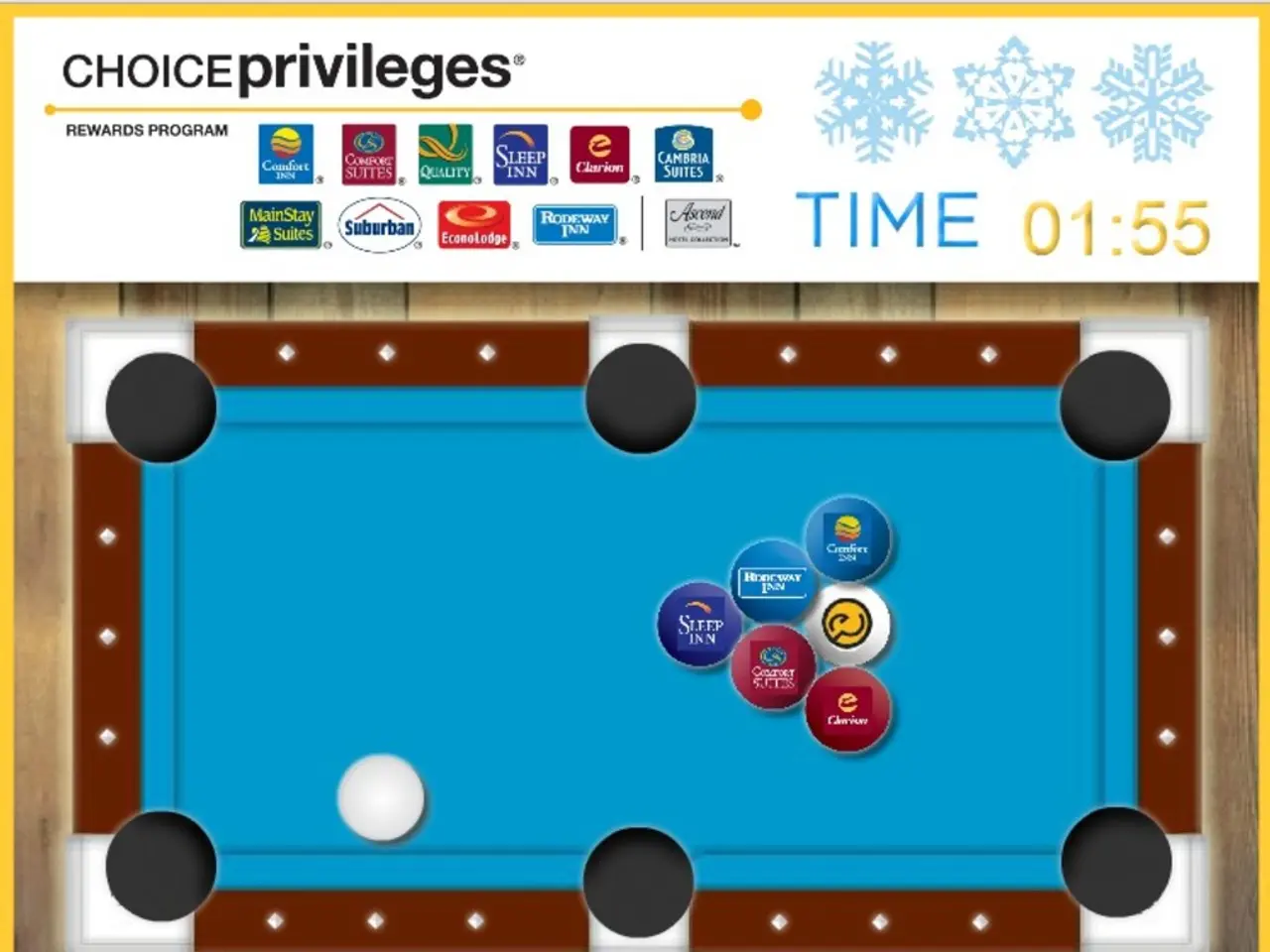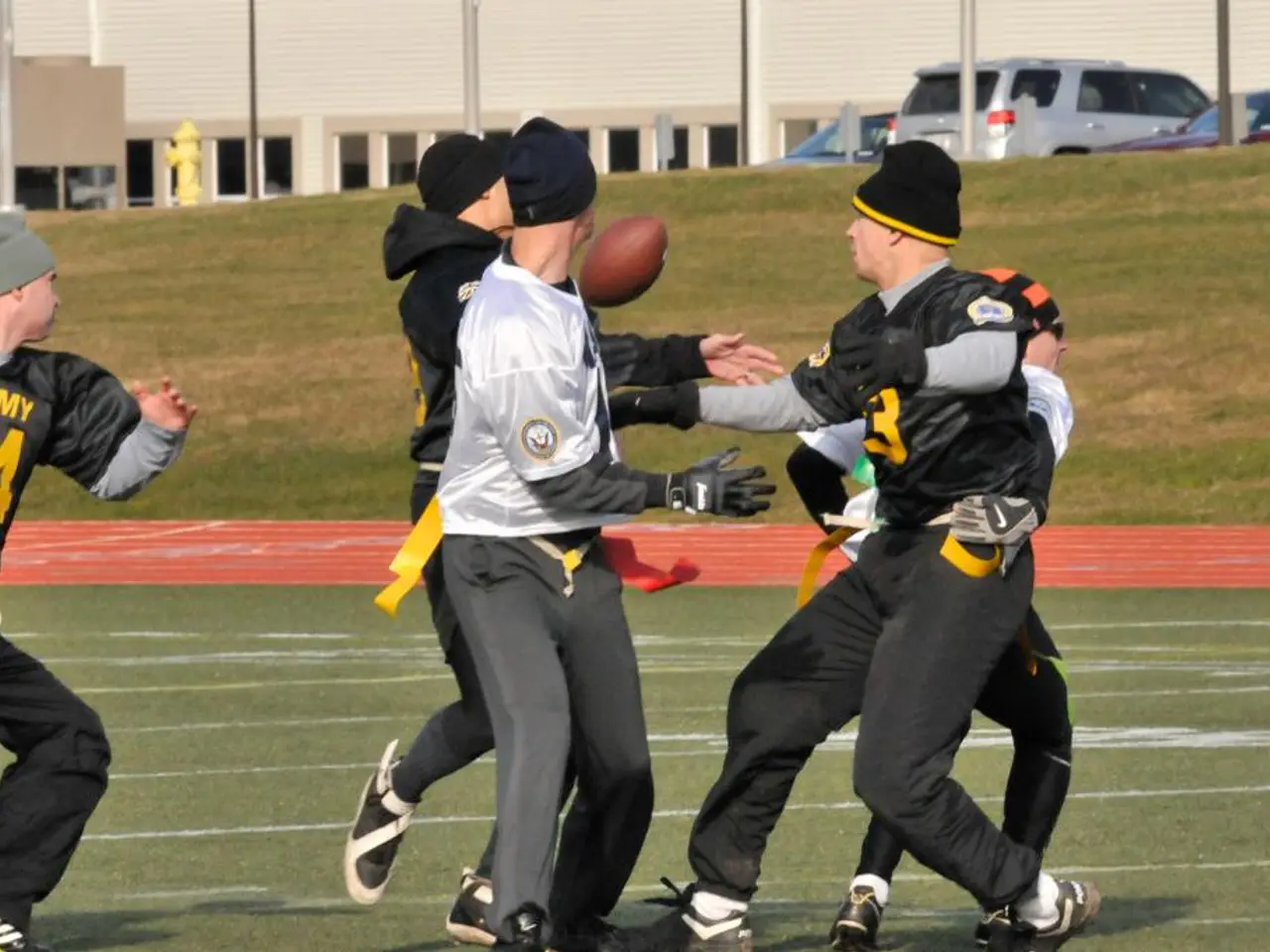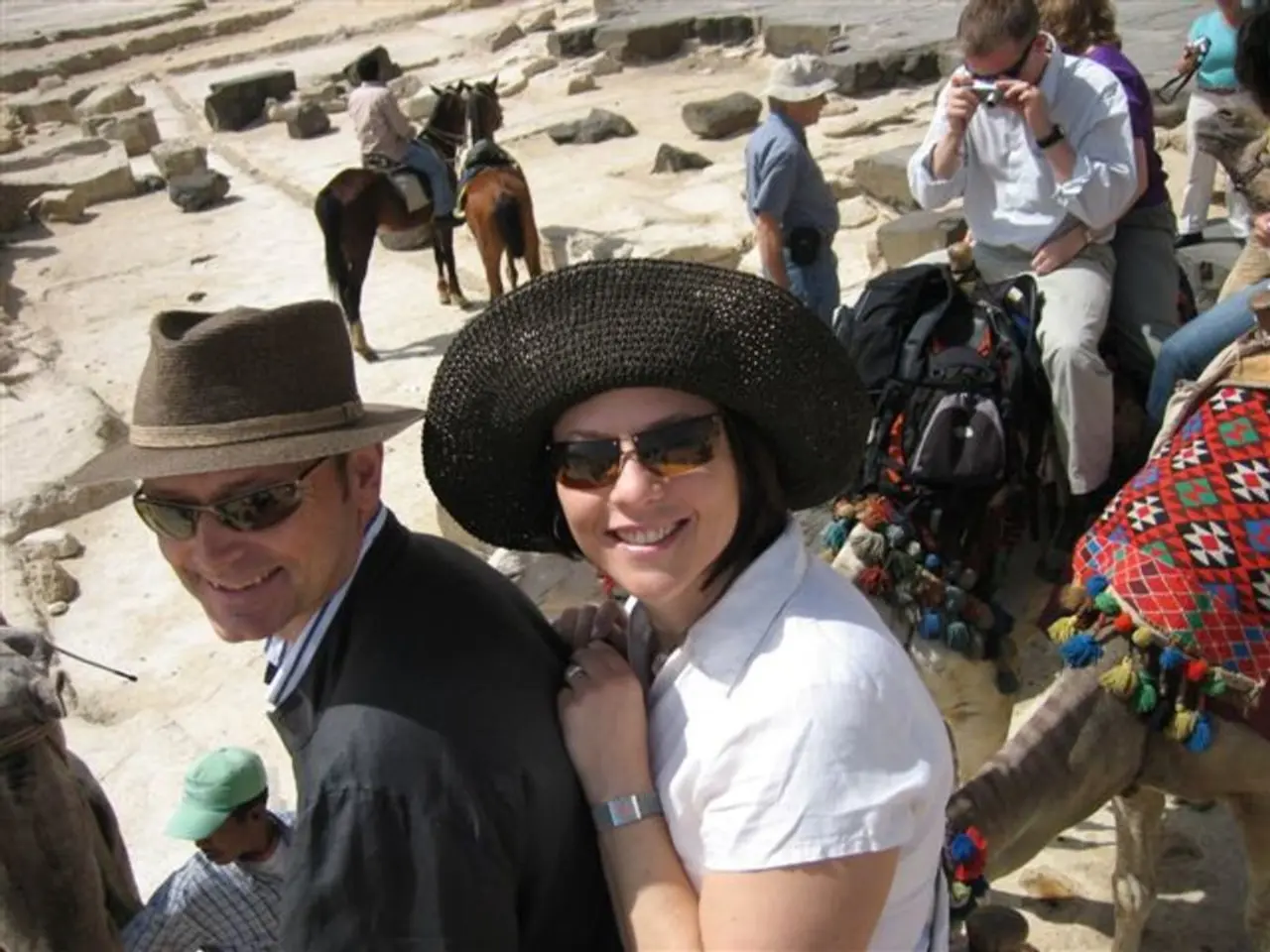Essential Lessons Learned from a Workshop with Four Active Horror Producers
In a recent 4-week course, the Story Maps Horror & Thriller Seminar brought together industry veterans to share their insights on creating compelling horror and thriller films. The seminar, which focused on both the craft and career aspects of screenwriting, featured guest speakers with credits including Final Destination, Cabin Fever, The Manor, Blumhouse, Netflix, Amazon, and Lifetime's "At 17" franchise.
Evan Astrowsky, producer of the Cabin Fever franchise, stressed the importance of horror as a genre that is always popular and in demand. He advised that the first two pages of a script should be written well to hook the reader, and the entire script should be well-structured to maintain audience engagement. Astrowsky also highlighted the significance of having all deliverables, such as loglines, synopses, and scripts, well-written and compelling.
Jeffrey Reddick, creator of the Final Destination franchise, advised keeping the logline tight and leaving a little mystery in it to generate interest. Reddick demonstrated his directorial skills by writing and directing a short film, Good Samaritan, which spawned a successful independent feature film, Don't Look Back.
Christine Conradt, currently producing three thrillers for Lifetime, emphasized the importance of tapping into a universal primal fear to make horror connect with a large audience. She suggested finding a story template or archetype to act as a structural framework for the narrative. Conradt also highlighted the importance of having a clear antagonist or threat in mind that challenges the protagonist's desires and fears.
Rick Bosner, producer of The Manor and Paint, shared that creating a short film can be a great way to build buzz on a project and show investors that one can direct a film. Bosner's film Devoted is a throwback to the late 90s/early 2000s period of horror, appealing to both Millennials and Gen Z. Bosner also suggested checking with film commissions in one's home state to find people investing in films and building a network.
Participants in the seminar learned to balance originality with genre conventions, ensuring their concepts offer fresh scares or thrills while respecting audience expectations. The seminar emphasized creating a compelling map or framework for the story that guides the development of scenes and plot twists in a way that maintains audience engagement throughout the film. Writing with a clear antagonist or threat in mind, using feedback loops to refine the narrative flow and impact, and understanding the mechanics behind horror and thriller storytelling, such as pacing, timing of reveals, and building emotional stakes for the characters, were some of the key lessons shared.
The seminar also provided multiple rounds of notes on the students' loglines and offered valuable insights in exclusive Zoom sessions. The Updated Edition of Daniel Calvisi's book Story Maps: How to Write a GREAT Screenplay is now available exclusively at his website. Interested individuals can learn more about Calvisi and his writing coaching services on his website. The seminar will be running again, and interested individuals can check for dates and availability by clicking a provided link.
[1] These insights and more were shared during the Story Maps Horror & Thriller Seminar, which emphasized hands-on guidance on mapping out story arcs for maximum tension and payoff, encouraging screenwriters to think visually and emotionally about how their story unfolds on screen.
[1] The seminar encouraged screenwriters to think visually and emotionally about their story's unfolding on screen, offering hands-on guidance on mapping out story arcs for maximum tension and payoff.
[2] Evan Astrowsky, producer of the Cabin Fever franchise, emphasized the importance of having well-structured scripts and compelling deliverables like loglines, synopses, and scripts.
[3] Jeffrey Reddick, creator of the Final Destination franchise, advised keeping the logline tight and leaving a little mystery to generate interest, also demonstrating his skills as a director and screenwriter.
[4] Christine Conradt, currently producing three thrillers for Lifetime, highlighted the importance of tapping into a universal primal fear and having a clear antagonist or threat in mind.
[5] Rick Bosner, producer of The Manor and Paint, shared that creating a short film can help build buzz on a project and show investors that one can effectively direct a film.
[6] Participants learned to balance originality with genre conventions while creating a compelling map or framework for their story, understanding the mechanics behind horror and thriller storytelling, such as pacing, timing of reveals, and building emotional stakes for the characters.
[7] The seminar provided multiple rounds of notes on students' loglines and exclusive Zoom sessions with valuable insights, with the Updated Edition of Daniel Calvisi's book Story Maps: How to Write a GREAT Screenplay now available exclusively at his website.
[8] Interested individuals can learn more about Calvisi and his writing coaching services on his website, or check for dates and availability for the next seminar by clicking a provided link.
[9] The seminar covered various aspects of crafting compelling horror and thriller films for both the big and small screen, serving as a valuable resource for screenwriters, producers, and other industry professionals in the realm of movies-and-tv and entertainment.







